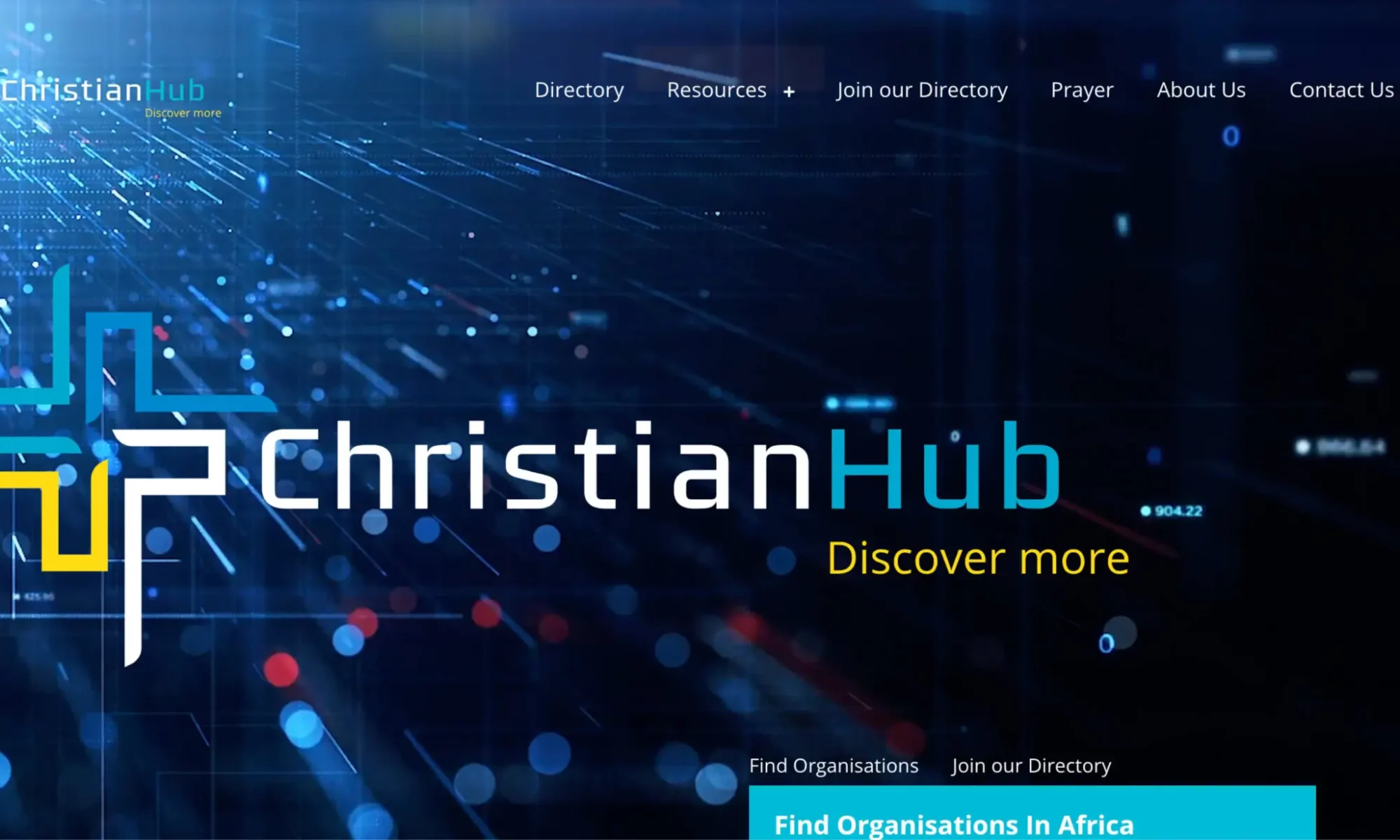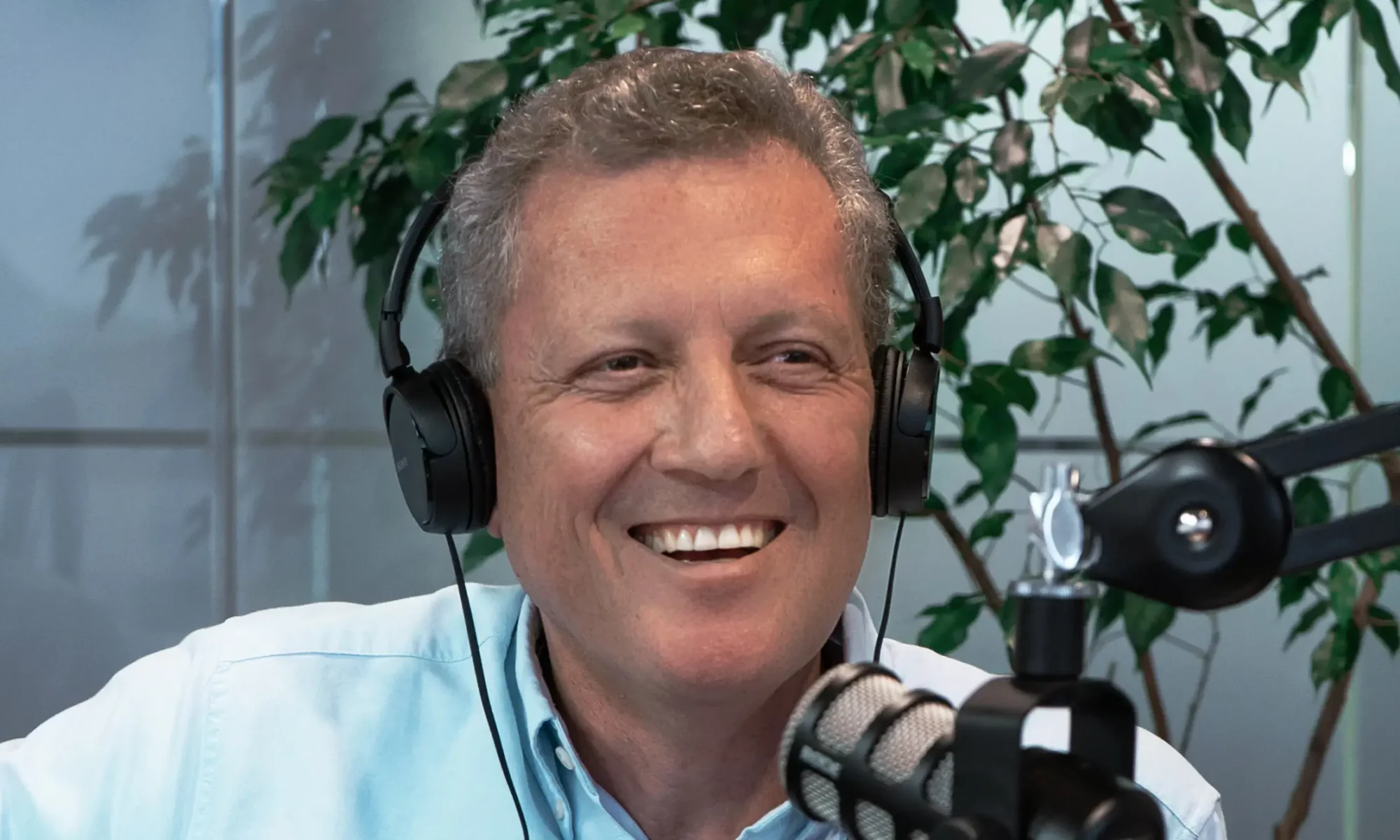Something that has always knit followers of Jesus together is the pursuit of a shared mission of expanding God’s kingdom on earth – sharing His love, mercy, compassion and joy with those we meet and seeing them walk in freedom and relationship with Him.
This is the great commission. It’s simple, but in today’s environment it’s not always easy and we certainly can’t do it alone. Partnership has always been at the heart of the gospel. When Jesus gave us the great commission to ‘go out and make disciples of all nations’, He had every intention for His people to work together in accomplishing it.
There is an undeniable power that lies within the connections we build with one another, especially in the ministry and non-profit world. When left unutilised, they remain simply that – connections. But when we are intentional, these connections can foster conversations, ignite collaboration, and ultimately drive meaningful impact in our communities. At Mergon we have often seen this play out in our partnership journeys with ministries.
Discovering its roots: South African Christian Directory
In 1986, Marjorie Froise published the first South African Christian Handbook after many years of researching Christian ministry activity in the country. Over a fifteen-year period, the publication improved with each edition. For us at Mergon this was a wonderful tool to find out who did what in the Christian ministry landscape and to identify organisations with whom we could partner. It was Bybel-Media who first created an electronic version of the SA Christian Handbook. The idea, however, was to turn it into a fully digital search platform – a ‘Yellow Pages’ for Christian activity in South Africa to make connection and collaboration between churches and ministries easier. This is where Mergon got involved and the South African Christian Directory (SACD) was born.
We have seen over the years how the SACD has been a catalyst for Kingdom collaboration. Says Skip Krige, who has played an integral role in growing SACD: ‘We live in such an individualistic world. I realised that there were people in the same city and suburb – basically neighbours – that didn’t know each other but who were pursuing the same Kingdom projects and travelling all over the world without ever connecting or collaborating with one another. Our desire has always been that people will take hands, and it has been a joy to receive such positive feedback about people having discovered one another through the platform.’
A uniquely African resource
It’s been wonderful to see this platform grow over the years. With thousands of directory listings, it is an incredibly helpful tool for anyone looking to connect with believers across a wide range of industries. An in-depth analysis of the website revealed that engagement was high, with over 30,000 website visits per month! This was a clear indicator that there was a need amongst Christians for a platform like this.
Says Mergon Foundation’s Etienne Piek, ‘It was always our dream to potentially expand SACD to a resource hub that offers excellent biblical content and resources, in addition to the directory. With our findings about the usage of the website, we saw the immense potential and started conceptualising ideas for what this resource hub could look like. As a result, we repositioned and rebranded SACD and we are delighted to introduce the new platform, ChristianHub.com.’
True to the original DNA, ChristianHub.com remains an online directory connecting Christians across various sectors and industries. The updated platform is not only easier to navigate but is now also a uniquely African voice offering enriching biblical content which we have curated with our content partner, RightNow Media. These resources are great for small groups, families, students, leadership development, and more, to help you equip and disciple others.
In addition to the video resources and Bible reading plans, ChristianHub also offers helpful legal documents and charters for churches and ministries as well as a ‘Praying for Africa’ section with specific prayer points per country.
Power in the collective
What started as a resource directory for South Africa, ChristianHub.com aims to become a platform that serves the wider African network.
‘There are so many resources out there, but people aren’t aware of one another’s resources, or they don’t have access to it,’ explains Etienne. ‘What excites me most about ChristianHub.com is the potential for it to become a powerful aggregating platform for contextual Kingdom resources from across Africa. We see ChristianHub playing a catalytic role in empowering under-resourced ministries by connecting them with well-resourced ministries who make their content available through the platform. The power of the platform will truly lie in what everyone brings to it,’ he explains.
Visit www.christianhub.com to access the new website where you can explore the wide range of high-quality Christian resources and add your organisation or church to the directory.









